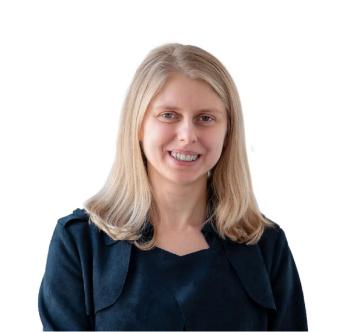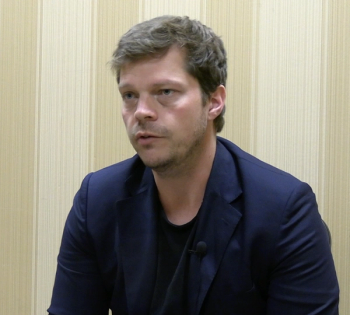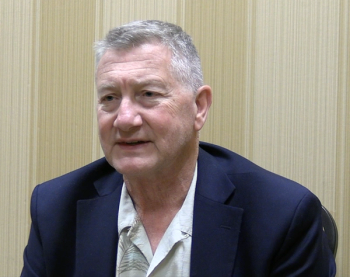
Songi Han Wins EAS Award for Outstanding Achievements in Magnetic Resonance
Songi Han of the University of California-Santa Barbara (UCSB) has won the 2021 Eastern Analytical Symposium (EAS) Award for Outstanding Achievements in Magnetic Resonance.
Songi Han of the University of California-Santa Barbara (UCSB) has won the 2021 Eastern Analytical Symposium (EAS) Award for Outstanding Achievements in Magnetic Resonance. She will receive the award at the EAS Symposium, which takes place November 15–17, 2021, in Plainsboro, New Jersey. The annual EAS awards honor analytical chemists who have distinguished career achievements and who have advanced their fields by superior work in developing theory, techniques, or instrumentation
Han is a professor in the Department of Chemistry and Biochemistry, as well as the Department of Chemical Engineering, at UCSB. She received her doctoral degree in Natural Sciences from Aachen University of Technology (Germany), in 2001. She pursued postdoctoral studies at the Max-Planck Institute for Polymer Research, Mainz, Germany, sponsored by the Max-Planck Fellowship, and at the University of California Berkeley, sponsored by the Feodor Lynen Fellowship of the Alexander von Humboldt Foundation.
The Han laboratory focuses on electron and nuclear spin magnetic resonance instrumentation and concepts in dynamic nuclear polarization amplified nuclear magnetic resonance, together with precise manipulation of electron and nuclear spin probes located on biomolecular and materials surfaces, to uncover their structure, the design rules for molecular recognition, and the surface structuring and dynamics of hydration water.
Han is a recipient of the 2004 Camille and Henry Dreyfus New Faculty Award, the 2007 NSF Faculty Early Career Development Award, the 2008 Packard Fellowship for Science and Engineering, the 2010 Dreyfus-Teacher Scholar Award, the 2011 NIH Innovator Award, and the 2015 Bessel Prize of the Alexander von Humboldt Foundation. Han was awarded the BPS Innovation Award of 2018, and was elected fellow of the ISMAR, joining a distinguished international group of scientists contributing to advances in magnetic resonance. She also was elected the President of the International EPR Society effective 2021.
Newsletter
Get essential updates on the latest spectroscopy technologies, regulatory standards, and best practices—subscribe today to Spectroscopy.




